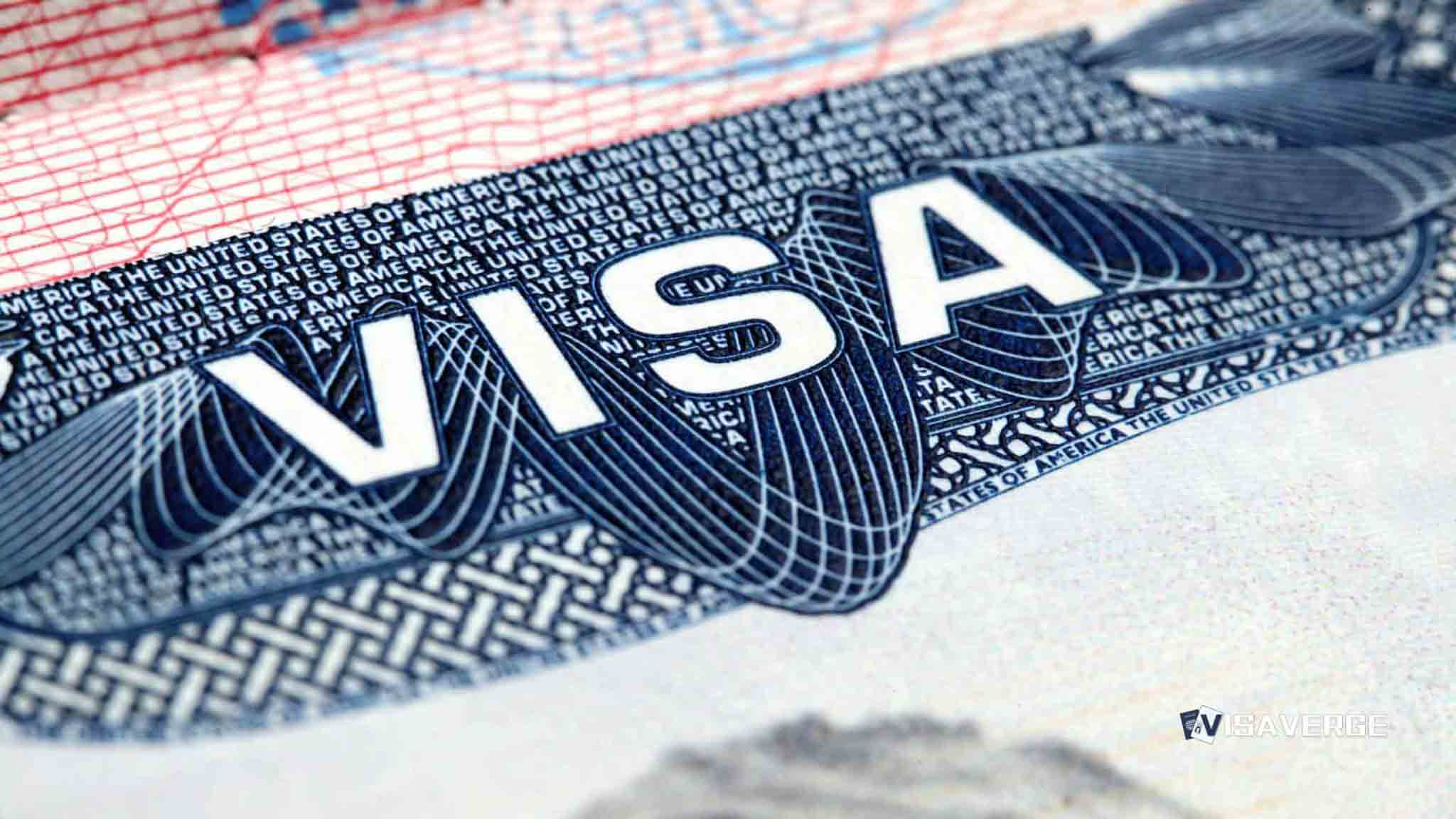(LOS ANGELES) The Trump administration asked the U.S. Supreme Court to let federal immigration agents in the Los Angeles area resume using racial and demographic factors to stop and arrest people, a move that would lift a court order now blocking such tactics. In an emergency filing, the Department of Homeland Security argues that agents may consider “apparent ethnicity” and other cues when deciding whom to question or detain—an approach critics describe as racial profiling that harms both immigrants and U.S. citizens.
Emergency appeal and temporary ban

In July, U.S. District Judge Maame E. Frimpong issued a temporary restraining order (TRO) that bars Immigration and Customs Enforcement from making stops or arrests based solely on a person’s appearance, language, location, or type of work. The TRO covers the Los Angeles region and remains in effect while litigation continues. The case moved rapidly as the government sought fast relief from the nation’s highest court.
Under the TRO, ICE may not base enforcement actions solely on:
– Apparent race or ethnicity
– Speaking Spanish or English with an accent
– Presence in certain locations, such as bus stops, car washes, or agricultural sites
– Type of work, including day labor, construction, gardening, or street vending
In its response, the administration does not deny agents have used demographic factors. Instead, it contends these can support “reasonable suspicion” in areas with a high share of undocumented residents. Solicitor General John Sauer and DHS leadership say these tools are needed to carry out federal law, especially under H.R. 1, the sweeping enforcement law President Trump signed on July 4.
Local and state officials pushed back in court. The City and County of Los Angeles and the State of California backed the TRO, saying the practices invite unconstitutional stops, chill daily life, and expose lawful residents to wrongful detention. Civil rights groups, including the ACLU and the Coalition for Humane Immigrant Rights, joined the suits, arguing the policies violate the Fourth Amendment and due process.
Legal stakes and community impact
The Supreme Court could rule within weeks. If the justices grant the emergency request, ICE would be allowed to resume stops and arrests that rely on race, language, location, and occupation in the Los Angeles area—an outcome legal scholars warn could shape enforcement across the United States 🇺🇸. Experts note that Supreme Court approval would signal a major shift in how courts view race-based suspicion in immigration contexts and could spill into other policing.
Plaintiffs submitted accounts from U.S. citizens who say they were detained or even transferred to detention centers after agents questioned them for speaking Spanish or appearing Latino. Families report children skipping school and workers avoiding jobs out of fear of surprise checks. Community groups say even green card holders and citizens now plan errands around potential enforcement hot spots, such as transit hubs and day-labor corners.
The policy context is stark:
– H.R. 1 pumped more than $170.7 billion into enforcement but capped immigration judges at 800, a limit critics say starves the courts and traps people in detention without timely hearings.
– According to analysis by VisaVerge.com, less than 8% of that funding flows to court processing, while the docket backlog climbed to about 3.9 million cases as of May 2025.
– That imbalance, attorneys argue, raises the cost of any wrongful stop: once detained, a person could wait months or longer to see a judge.
DHS also consolidated federal law enforcement resources under its umbrella, diverting personnel from other missions and giving ICE more capacity for large-scale operations. The government says the strategy is essential to reduce unlawful presence. Civil liberties advocates counter that broad sweeps based on appearance or language will:
– burden citizens and lawful residents,
– undermine trust in public safety, and
– fuel mistakes that the court system cannot quickly fix.
Economic ripple effects are already visible. Farm owners and worker centers report that up to 45% of California farmworkers left fields in recent weeks amid fear of raids, leading to unharvested crops and canceled shifts. Business groups warn that uncertainty in construction, landscaping, and street vending will spill into supply chains and local tax revenue. Economists caution that a rapid pullback of labor in key sectors will affect prices and delivery times well beyond Southern California.
The administration presents a different ledger. It argues that considering area demographics is a practical tool to locate people who lack lawful status and that agents do not rely only on race. The government frames the TRO as a sweeping constraint that prevents officers from using common-sense observations in high-risk locations. It also contends that rapid enforcement is necessary to carry out Congress’s directives under H.R. 1.
The lawsuits say the Constitution sets a limit: officers cannot treat appearance, accent, or simply being present in certain places as suspicion. Plaintiffs cite real-world examples of citizens and long-term residents handcuffed or hauled to holding cells after routine encounters. Lawyers stress that a federal judge already found enough evidence of harm to pause these tactics while the case proceeds, and they ask the Supreme Court to leave the TRO in place.
Beyond Los Angeles, DHS has signaled it may expand similar operations if the legal block is lifted. That raises the stakes for communities nationwide. Local governments worry about:
– school attendance,
– emergency reporting, and
– worker safety when people fear contact with officials.
Health providers say patients skip appointments if they think checkpoints sit near hospitals or clinics. Some city leaders warn that public trust, once lost, is hard to rebuild.
The narrow legal question and possible outcomes
The political context is charged but the legal question is narrow: Can federal immigration agents lawfully use race, language, location, and occupation as key grounds for stops? The administration says yes, at least as part of a wider assessment; advocates say no, calling it a return to racial profiling that courts have long warned against. The outcome will shape how far immigration enforcement can go—and how much risk citizens must accept as “collateral” to find people without status.
Possible outcomes:
1. If the Supreme Court sides with the government:
– ICE could restart the paused tactics immediately.
– Other regions could adopt similar operations quickly.
2. If the Supreme Court leaves the TRO in place:
– The case returns to Judge Frimpong for a fuller hearing on the merits.
– Plaintiffs will seek a permanent injunction; the government will press for more latitude.
Important: A decision either way could have nationwide consequences for enforcement practices, community trust, and the daily lives of immigrants and U.S. citizens alike.
For official updates and policy statements, consult the Department of Homeland Security website: https://www.dhs.gov.
This Article in a Nutshell
Emergency appeal asks the Supreme Court to allow ICE to resume stops using race, language, location or occupation. Plaintiffs cite wrongful detentions, economic disruption, and fear in communities. The TRO blocks such tactics in Los Angeles while litigation proceeds; a decision could reshape nationwide enforcement and civil-rights protections.













